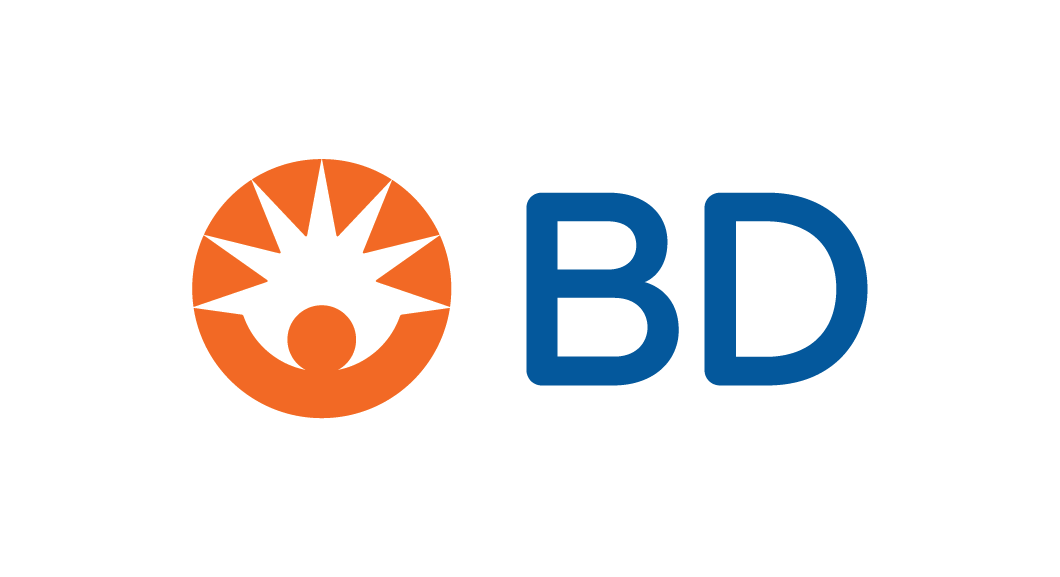
Sepsis & Trauma: What Frontline Providers Need to Know
Recorded On: 12/07/2021
Description:
Although trends in sepsis mortality have generally improved over the years, this is not the case in the trauma population. According to a 2012-2016 analysis of the trends, cost, and mortality from sepsis after trauma in the United States, published in Critical Care Medicine in 2020, the risk of death in this population remains high. In this session, Dr. Afshar—one of the study's co-authors—will discuss his retrospective cohort study and explore what the findings mean for frontline clinicians needing to recognize and care for sepsis patients following trauma.
Learning Objectives:
At the end of the activity, the learner should be able to:
- Summarize findings of the retrospective cohort study on ‘Trends, Cost, and Mortality From Sepsis After Trauma in the United States: An Evaluation of the National Sample of Hospitalizations, 2012-2016’;
- Restate what frontline providers need to know to recognize and care for sepsis patients after trauma;
- Describe opportunities for improvement in tracking and evaluating the effectiveness of sepsis recognition and care in patients after trauma.
Target Audience:
Nurses, advanced practice providers, physicians, emergency responders, pharmacists, medical technologists, respiratory therapists, physical/occupational therapists, infection prevention specialists, data/quality specialists, and more.
Webinar Supporters:
Sepsis Alliance gratefully acknowledges the support provided for this webinar by Beckman Coulter and BD.


Majid Afshar, MD, MSCR
Assistant Professor, Division of Pulmonary & Critical Care, Department of Medicine, Department of Biostatistics and Medical Informatics, School of Medicine and Public Health
University of Wisconsin-Madison
Dr. Majid Afshar is an Assistant Professor of Medicine in the Division of Allergy, Pulmonary, and Critical Care at the University of Wisconsin-Madison. Dr. Afshar received his medical degree and internal medicine training from Rush Medical College, and then completed his clinical fellowship in Pulmonary and Critical Care Medicine at the University of Maryland Medical Center. He then got his master of science degree in Research Methods and Epidemiology from Rush University. He is board-certified in pulmonary medicine, critical care medicine, and clinical informatics. Dr. Afshar works closely with hospital informatics to improve health outcomes and healthcare delivery. He co-leads the Department of Medicine Data Science Lab and is also the Director of the Learning Health System for University of Wisconsin. Dr. Afshar’s research interests include predictive analytics (diagnostics and prognostics) using electronic health record data and public health data for individuals with critical illness. His focus is on early detection and monitoring using methods in natural language processing and machine learning. He has previously developed models for identifying respiratory failure in hospitalized patients, as well as a risk prediction model for acute respiratory distress syndrome and sepsis in burn and trauma patients. Dr. Afshar practices clinically as an intensivist at University of Wisconsin-Madison where he takes care of patients with the conditions that are also the focus of his research. He has previously received an NIH F32 National Research Service Award and NIH K23 Career Development Award. He currently has a NIH R01 to implement and study machine learning algorithms in the health system and examine the effectiveness of NLP-driven tools on health outcomes. He has served on study sections for NIH, CDC, and AHRQ, and he was the Vice-Chair of Data Science for the 2021 AMIA Informatics Summit. He mentors post-doctorate students and junior faculty with a focus in critically ill patients, including trauma and sepsis.
Provider approved by the California Board of Registered Nursing, Provider Number CEP17068 for 1.6 contact hours.
Other healthcare professionals will receive a certificate of attendance for 1.25 contact hours.
Medical Disclaimer
The information on or available through this site is intended for educational purposes only. Sepsis Alliance does not represent or guarantee that information on or available through this site is applicable to any specific patient’s care or treatment. The educational content on or available through this site does not constitute medical advice from a physician and is not to be used as a substitute for treatment or advice from a practicing physician or other healthcare professional. Sepsis Alliance recommends users consult their physician or healthcare professional regarding any questions about whether the information on or available through this site might apply to their individual treatment or care.